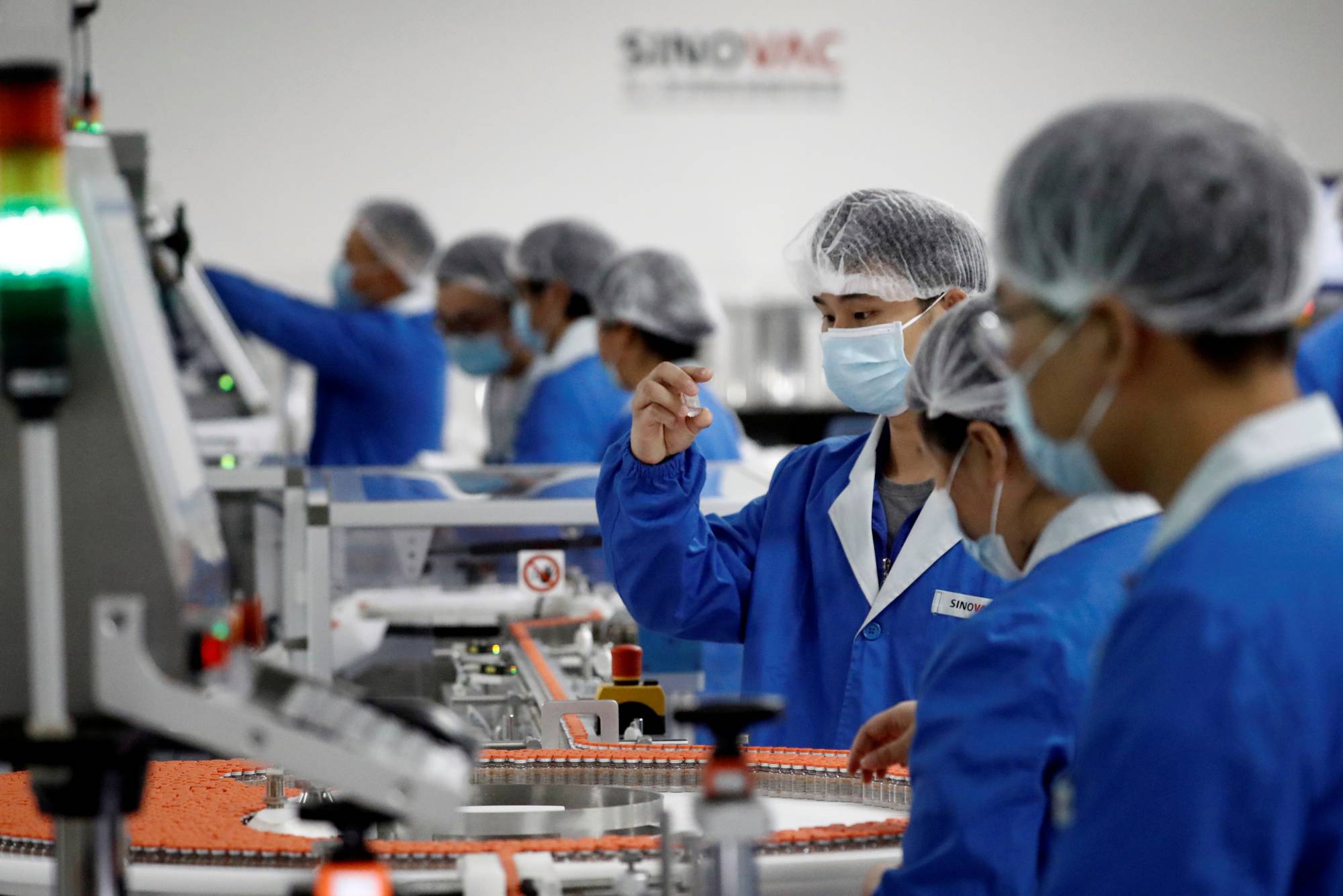Chinese companies have made a seemingly unstoppable push to the front of the race for a coronavirus vaccine. Yet their speedy ascent has been unhindered by common scientific setbacks being reported by Western rivals, raising questions about how stringently they are vetting and reporting potential safety issues.
The lack of clarity over the standards and safeguards used by Chinese developers is drawing concern because some of their vaccines are being distributed in China under an emergency use program before full regulatory approval. In the U.S., President Donald Trump repeatedly claimed a working shot would be available there ahead of Tuesday's election. That didn't pan out. The most optimistic timelines for U.S. emergency use authorization now go into late November and December, well behind China on this front.
There are potentially far-reaching implications for the way China goes about its vaccines. The country has the largest number of candidates in late-stage trials, and Chinese shots could be used by millions worldwide because President Xi Jinping has pledged to share successful ones overseas.The U.K.’s AstraZeneca PLC and U.S.-based Johnson & Johnson temporarily halted testing earlier this year after a single participant in each trial got sick, in order to examine the cause. In contrast, China’s science ministry has said its companies have inoculated about 60,000 volunteers in final-stage trials, but there have been no reports of serious adverse events.


















With your current subscription plan you can comment on stories. However, before writing your first comment, please create a display name in the Profile section of your subscriber account page.